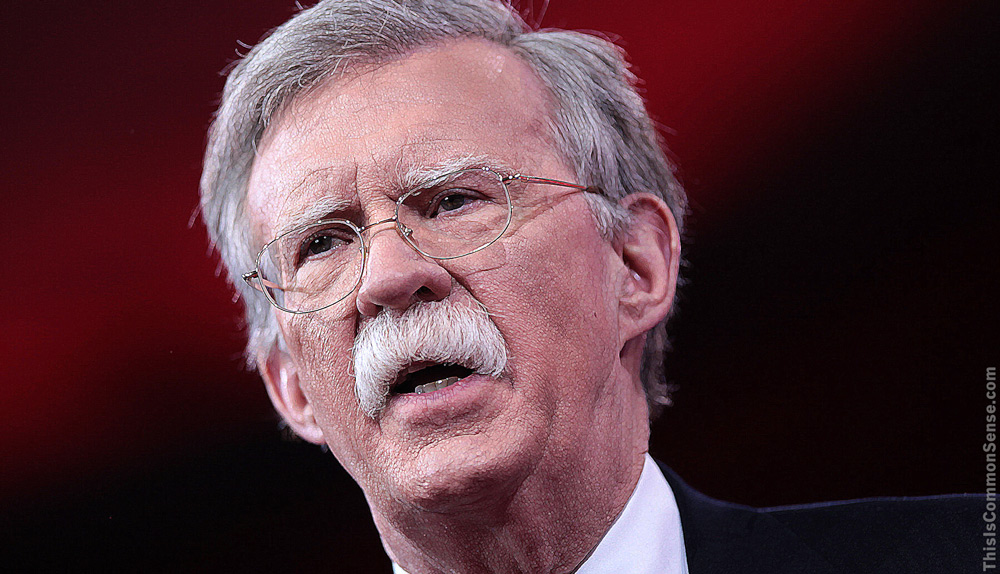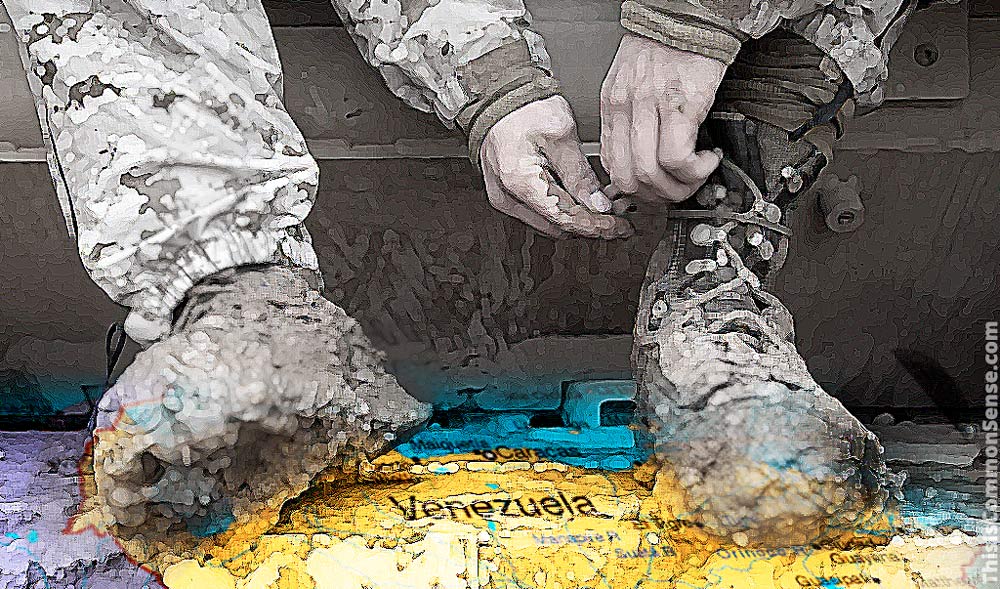At long last, John Bolton’s 17 month tenure in the Trump Administration is over.
I won’t pretend not to be pleased. Yet I also do not pretend this national security advisor was always and completely on the wrong side. He has consistently claimed to have an ulterior motive for his favored never-ending war footing: “Individual liberty is the whole purpose of political life, and I thought it was threatened then” — when he was a teenager and exposed to the ideas of Barry Goldwater — “and I think it’s threatened now.”
Unfortunately, he rejected the lesson that our Founders knew all too well: constant war-making doesn’t yield freedom. “Of all the enemies to public liberty,” James Madison wrote, it is war that “comprises and develops the germ of every other.” Madison’s list of reasons for war’s dangers include
- Debts and taxes;
- Rule of the many by the few;
- Discretionary executive power;
- Special favors greed economy;
- Propaganda; etc.
Nevertheless, folks like John Bolton continue to think that we can be free while our military micromanages the “resolution” of every conflict across the globe.
Meanwhile, Donald Trump, who often comes off like a war skeptic, continues to side with the interventionists.
“We’re going to keep a presence” in Afghanistan, Trump said the other day. “We’re reducing that presence very substantially. We’re not fighting a war over there. We’re just policemen.”
… policemen who do not arrest anybody …
Not a recipe for freedom. Here or in Afghanistan.
This is Common Sense. I’m Paul Jacob.

Photo by Gage Skidmore on flickr
—
See all recent commentary
(simplified and organized)










